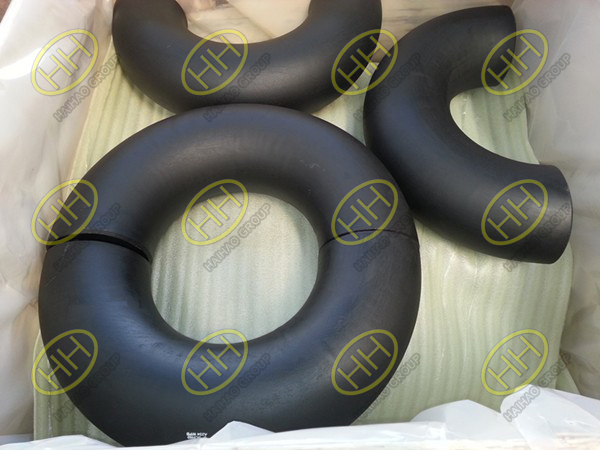Understanding NACE MR0175 and hydrogen sulfide stress cracking in pipeline environments
In the realm of pipeline integrity, NACE MR0175 stands as a critical standard for ensuring the durability and safety of pipeline systems in environments prone to hydrogen sulfide stress cracking (HSSC). Understanding this standard and the principles behind hydrogen sulfide stress cracking is paramount for safeguarding pipeline infrastructure.
What is NACE MR0175?
NACE MR0175, also known as ISO 15156, is an international standard developed by the National Association of Corrosion Engineers (NACE) to address materials for use in H2S-containing environments in oil and gas production. It provides guidelines for selecting materials that are resistant to sulfide stress cracking in harsh operating conditions.
Hydrogen Sulfide Stress Cracking (HSSC): Principle and Hazards
Hydrogen sulfide stress cracking occurs when susceptible materials are exposed to hydrogen sulfide (H2S) environments, leading to the formation of hydrogen atoms on the metal surface. These hydrogen atoms penetrate the metal lattice, causing internal pressure and embrittlement. Under tensile stress, such as that induced during operation or due to residual stresses from manufacturing, cracks can initiate and propagate, ultimately leading to catastrophic failure.
The consequences of HSSC can be severe, ranging from leaks and environmental damage to loss of life and property. This phenomenon poses significant challenges to pipeline operators, requiring diligent material selection and monitoring to mitigate the risk of failure.
Significance of Compliance with NACE MR0175
Compliance with NACE MR0175 is essential for ensuring the integrity and reliability of pipeline systems operating in H2S environments. By adhering to this standard, pipeline operators can:
Enhance Safety: Materials selected according to NACE MR0175 are resistant to sulfide stress cracking, minimizing the risk of sudden failures and ensuring the safety of personnel and the environment.
Extend Service Life: Using compliant materials helps to prolong the service life of pipelines by mitigating the effects of corrosion and stress cracking, reducing the frequency of maintenance and replacement activities.
Ensure Regulatory Compliance: Many regulatory bodies and industry organizations mandate compliance with NACE MR0175 for pipelines operating in sour gas environments. Adhering to this standard demonstrates regulatory compliance and responsible stewardship of pipeline assets.
In conclusion, NACE MR0175 plays a crucial role in safeguarding pipeline infrastructure against the detrimental effects of hydrogen sulfide stress cracking. By understanding the principles behind HSSC, recognizing its hazards, and complying with NACE MR0175, pipeline operators can ensure the long-term integrity and reliability of their assets in challenging operating environments.Haihao Group has been engaged in the field of piping systems for more than 40 years. We can provide customers with a series of piping system products that comply with NACE MR0175 standards. If you have any needs, please feel free to contact us.

